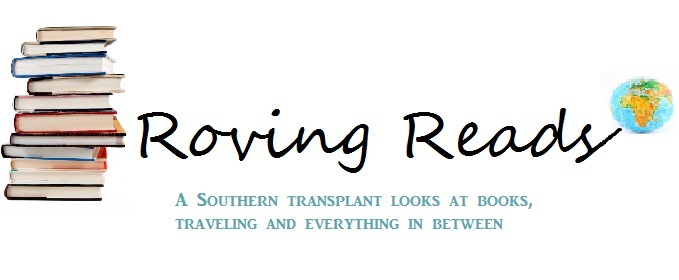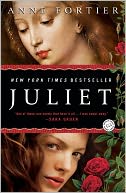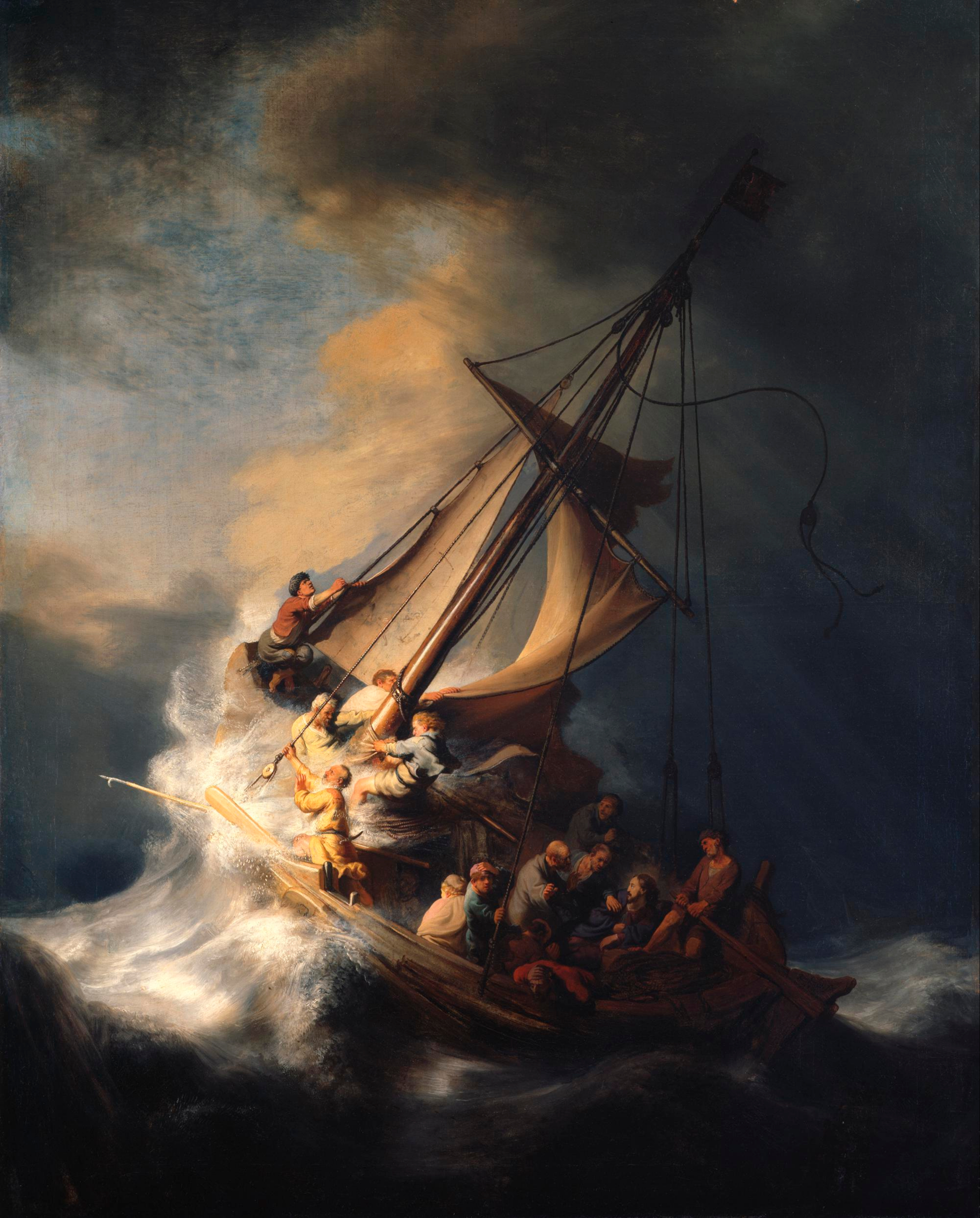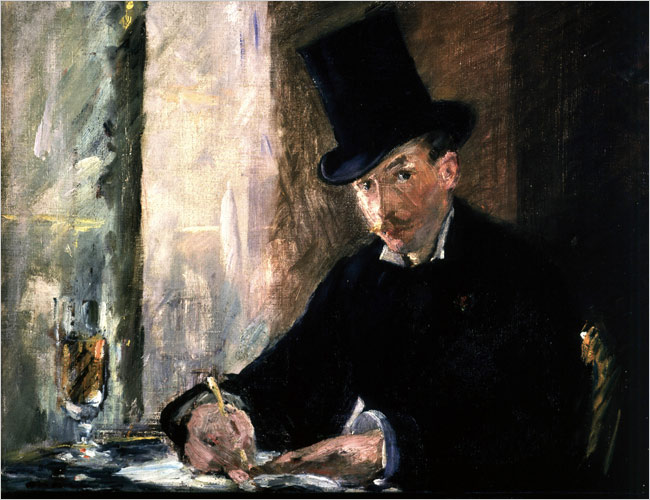I'm a little late joining in the fray relating to Meghan Cox Gurdon's June 4 article about the state of YA fiction,
"Darkness Too Visible," but with the author releasing a
follow-up article today, I felt like offering my take on it (for the record, I am not a parent or in the YA demographic, I'm just speaking from my own experience as someone who cares about what the kids in my life are reading.) The original article, where Gurdin argued that "teen fiction can be like a hall of fun-house mirrors, constantly reflecting back hideously distorted portrayals of what life is", caused an uproar and spawned the #YAsaves hashtag on Twitter, where opponents have written things like "Thank you to my mother 4 respecting me enough as a kid to leave me alone w books & choose 4 myself" and "I find some YA books 2 dark&depressing 2 read myself.My 13-yr-old loves them.Parents don't always know what's good for their kids."
I was fortunate enough to grow up in a stable, loving family, where reading was encouraged and I didn't have to grow up too fast. I understand that for many teenagers, this is unfortunately not the case, and some may find solace in dark YA literature that mimics their problems. I'm certainly not advocating censoring books with darker themes, or making the generalization that all YA books dealing with tough topics like bullying or rape are bad. I just disagree with the tone that many of these books take, and I'm not sure that it really helps struggling teens to read books where the protagonists are going through cruel and unnatural experiences with sex, alcohol and drugs. As Gurdin says,
"For families, the calculus is less crude than some notion of fictional inputs determining factual outputs; of monkey read, monkey do. It has more to do with a child's happiness and tenderness of heart, with what furnishes the young mind. If there is no frigate like a book, as Emily Dickinson wrote, it's hardly surprising that parents might prefer their teenagers to sail somewhere other than to the lands of rape, substance abuse and mutilation."
The idea of protecting a child's "tenderness of heart" really struck me. When I think of the books that I read as a kid-- the Saddle Club series, Nancy Drew, Harry Potter,
The Yearling-- I think of learning about friendship, bravery, ingenuity and working to overcome obstacles. That doesn't mean that these books were filled with characters free of trouble or heartache. Harry Potter certainly endured a great deal of sadness and loss, and even the saccharine Nancy Drew lost her mother when she was a baby. But these stories are uplifting and provide the comforting sense that even when things seem darkest, good triumphs and all is right in the world.
The bottom line is that this doesn't seem to be a trend that is going away any time soon. I just glanced over
Publisher's Weekly's reviews of upcoming children's novels, and they include books featuring teen pregnancy, a teenage drug addict with no parents, a foster child in a group home, "grisly murders" and a teen "scarred and silent years after a childhood disappearance." That means it is up to parents to take responsibility for what their children read, and determine whether something will enrich their child's understanding of life, with all its good and bad aspects, or whether it only subvert it.
What do you think?














